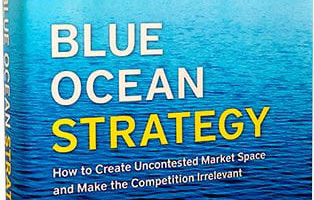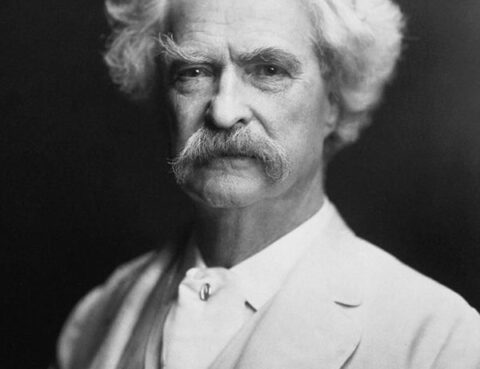“The essence of strategy is choosing what not to do.” — Michael Porter Strategy involves choices, and choices involve trade-offs. Trade-offs enable you to deliberately choose ways to differentiate your organization from others in your field.At a high level, deciding what to do — and what not to do — is only the starting point. Many other trade-off…
“Strategy is a deliberate search for a plan of action that will develop a business’s competitive advantage and compound it.” — Bruce Henderson, founder of Boston Consulting Group I was at a networking event yesterday, when someone asked me what I do. I told him: I help organizations develop their strategy. He said, “terrific,” but I…
It’s been nearly 80 years since American, British, and Canadian troops stormed the beaches of Normandy, France in June of 1944. The successful invasion relied on what came to be known as a “beachhead strategy” — focusing all resources in one local area, in order to gain a foothold before expanding further.Five decades later, Geoffrey Moore emphasized this…
“’Nonprofit’ is just a tax designation. Like their for-profit counterparts, they are still businesses.” That was the comment by one of the panelists at last week’s “Nonprofit Board Summit,” held by the HBS Alumni Club. It struck me as relevant since this point is often downplayed (if not overlooked entirely) by some in nonprofit leadership. Of…
A few weeks ago, I attended the bat mitzvah of a close family member. Bat and bar mitzvahs celebrate the coming of age into adulthood for Jewish kids and occur when they turn 13, or soon thereafter. It got me thinking (during a brief moment when I wasn’t immersed in the service, of course!) about how…
In the early weeks of March, many in the tech sector were surprised and distressed by the sudden collapse of a once-great institution, Silicon Valley Bank (SVB). Founded in 1983, it was the 16th largest bank in the US and was a very active and positive influence on the technology sector — in Silicon Valley, of…
I teach a strategy class at Boston University’s Questrom School of Business. This month, we have been discussing what is known as “Blue Ocean” strategy. In short, Blue Ocean suggests that rather than seeking differentiation from competitors, organizations should work to define completely new industries (“spaces”) in which there are no competitors at all. One often-cited example is Nintendo. For…
Last week, I attended a ceremony at Boston University at which a good friend and colleague was honored with an endowed chair, thanks to his impact teaching entrepreneurship and much more (congratulations, Ian!). Ever since, I have given a lot of thought to a point he made in his talk that day: One of the challenges in teaching…
Try this simple math exercise: If you had one cent on the first day of the month and you doubled it every day for the next 30 days, how much money would you have at the end of the month? The answer may surprise you: $5,368,709! Equally surprising is that since the money in this example grows exponentially,…
“It ain’t what you don’t know that gets you into trouble. It’s what you know for sure that just ain’t so.” Mark Twain Lately, I’ve been reflecting on the concept of truisms — those often-simple statements that we all believe to be correct. These can be helpful, of course, especially in a business context. We can’t…











